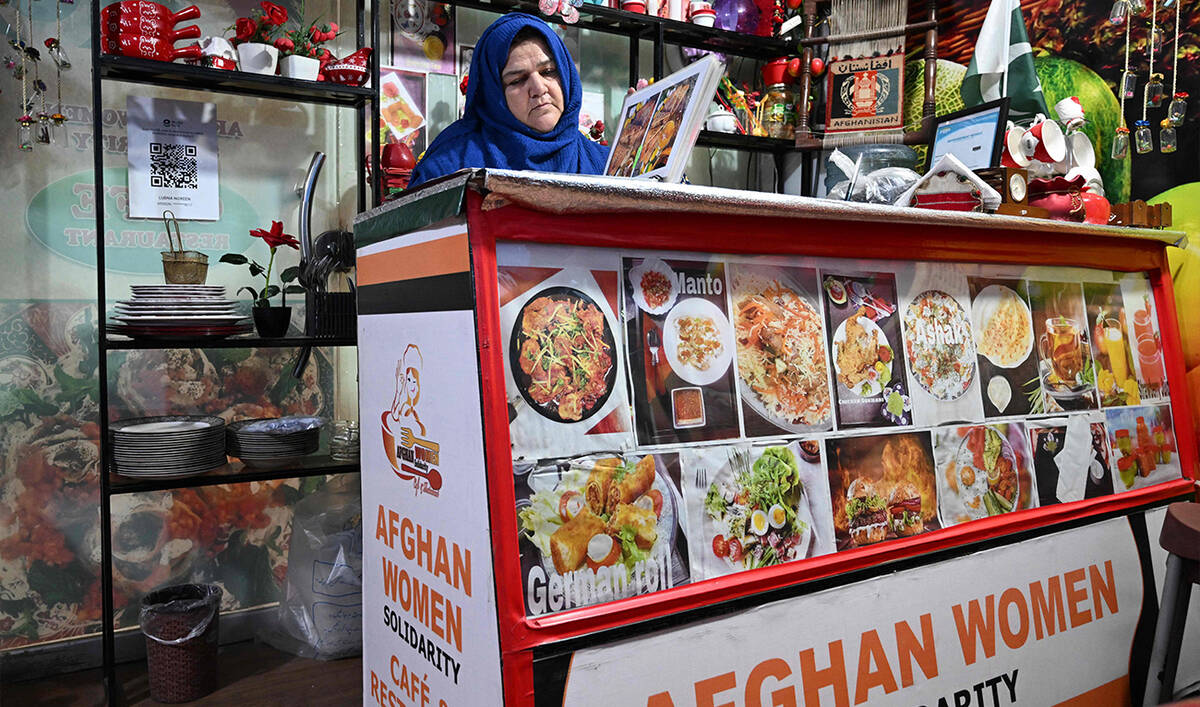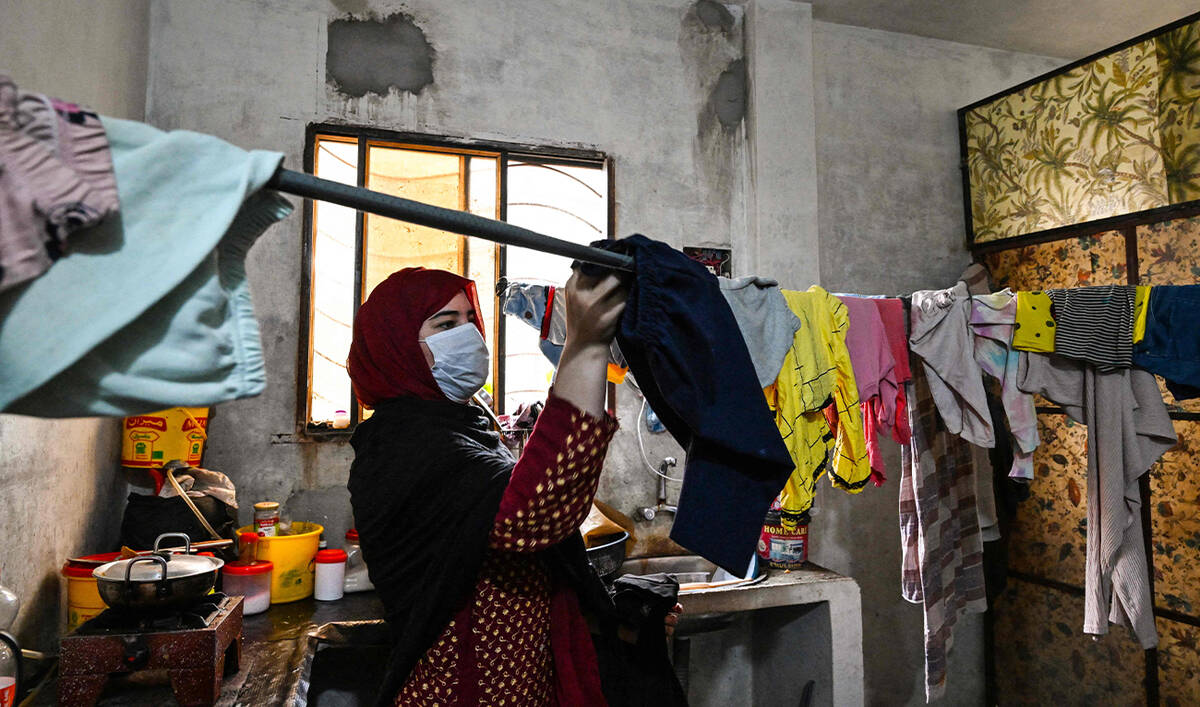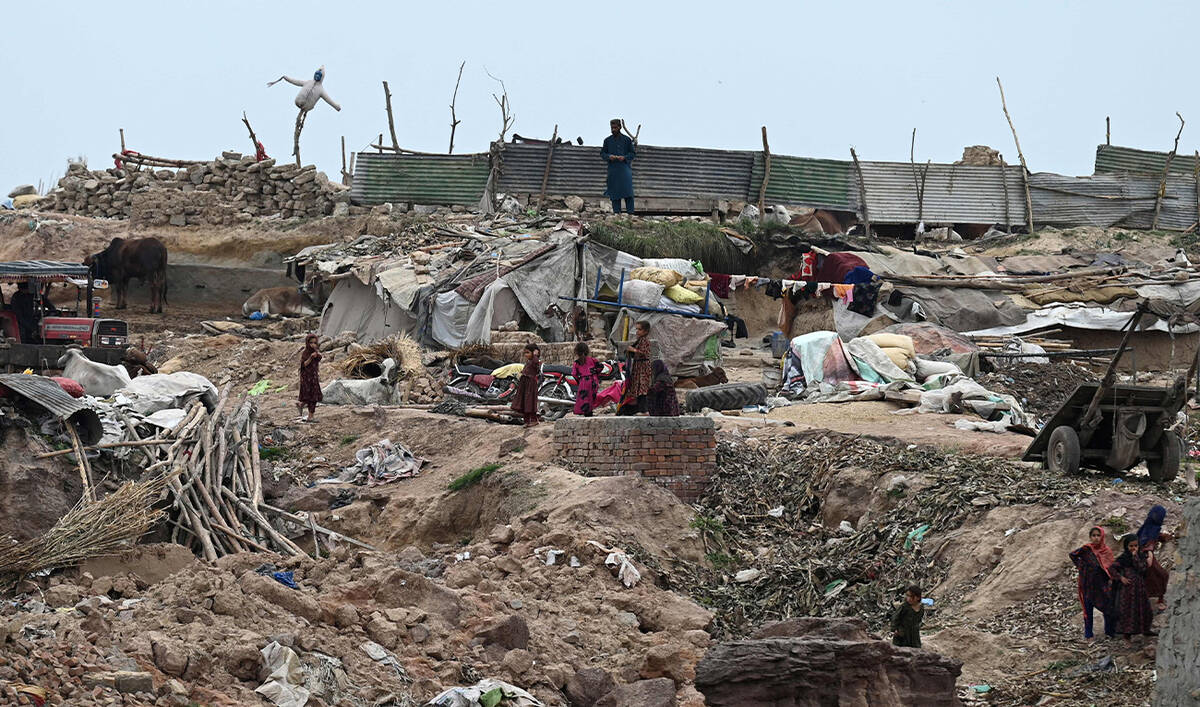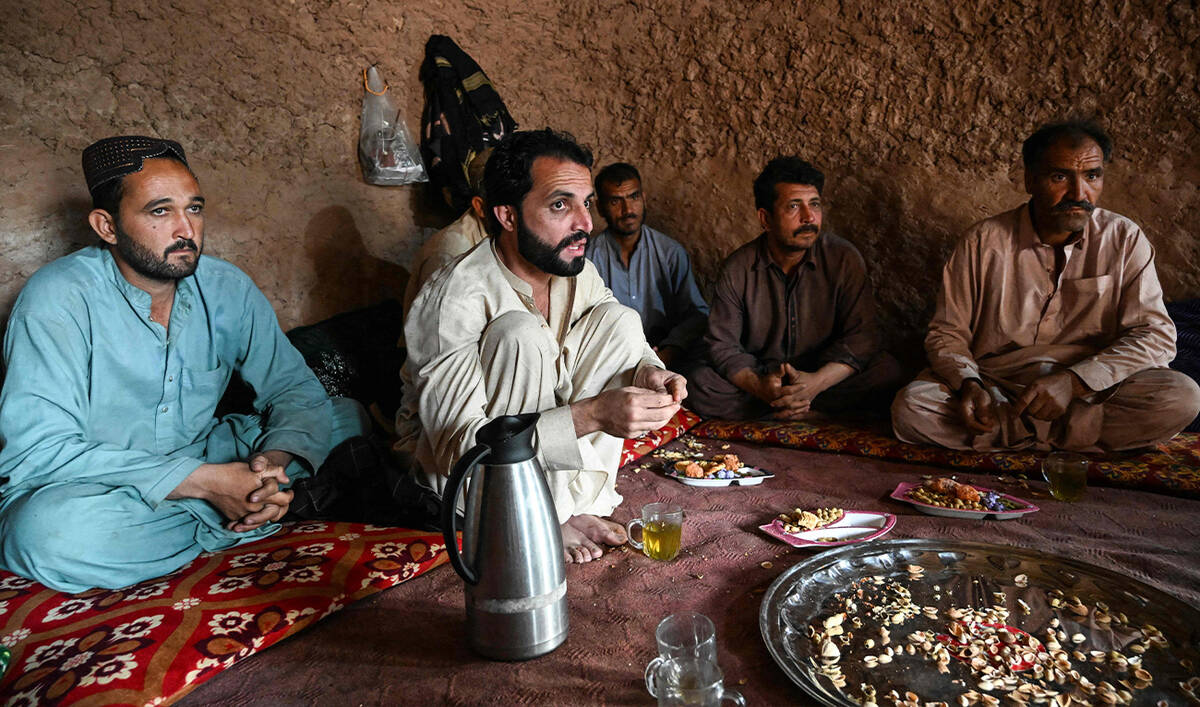LAHORE: Mullah Fazlullah, who was killed in a recent US drone strike in Afghanistan’s Kunar province, was among the most ruthless Tehreek-e-Taliban Pakistan (TTP) leaders.
Born in 1974, Fazal Hayat (his real name) was not inclined to pursue his family business of farming. Instead, he found a new vocation after he joined a religious seminary in Malakand which was owned and operated by a hardline cleric, Sufi Mohammed.
Mohammed was the leader of his own religious faction, Tehreek-e-Nifaz-e-Shariat-e-Muhammadi (TNSM), and it inspired a number of young men in his immediate neighborhood.
In 2001, when US forces invaded Afghanistan in the wake of the Sept. 11 attacks in New York and Washington, the TNSM leader cobbled together a ragtag militia of young volunteers in and around the Malakand region to fight alongside the Afghan Taliban against the American military.
According to some accounts, this was also Fazlullah’s first battlefield experience and it apparently transformed him forever. Sufi Mohammed’s army suffered significant losses in Afghanistan and he was arrested and incarcerated by Pakistan’s security agencies while he was trying to return to his homeland.
In his absence, Fazlullah emerged as the new — and more radical — leader. Much like Mohammed, he publicly desired the implementation of Shariah in the country; however, his rhetoric went much further, making him one of the leading anti-state voices in Pakistan.
During this period, he also launched an illegal FM channel in Swat that earned him the nickname, “Mullah Radio,” from friends and foes alike. Fazlullah used this platform not only to preach his own interpretation of religion but also to spread conservative political ideas.
Gradually, he managed to extend his influence in the Malakand region and began to rule Swat Valley. Among some of his most notorious decisions was the idea of prohibiting girls’ education in the area — a step that was defied by a 14-year-old girl, Malala Yousafzai, who was later shot in the head by a Taliban militant and who ultimately became the youngest ever Nobel laureate.
Pakistan decided to launch a military operation against Fazlullah’s militant faction in Swat in 2009, bringing his reign of terror in the valley to an end and normalizing the lives of its residents once again.
Many of these people had witnessed beheadings at the hands of Fazlullah’s men who were notorious for publicly displaying the severed heads of their victims. However, Fazlullah survived the onslaught, and the Pakistani authorities claimed that he had escaped to Afghanistan where he was enjoying state hospitality.
Even though he was not in the country, Fazlullah proved to be a major headache for the country’s security and intelligence agencies. He became the top TTP leader after Hakimullah Mehsud was taken out in a drone strike in 2013, making it easier for him to mastermind and execute some of the most devastating terror attacks in Pakistan.
These included the massacre of Pakistani children at the Army Public School in Peshawar in December 2014. Fazlullah was the first and the only TTP leader who did not belong to Pakistan’s tribal belt that has recently been merged with the province of Khyber Pakhtunkhwa. Unsurprisingly, his rise to power was not accepted by some militants belonging to the Mehsud tribe. This did not, however, stop him from leading his terror network.
His death in the drone strike on June 13 may bring some satisfaction to all whose relatives were targeted and killed by his group, though the larger fight against religious militancy in the region is likely to continue for the foreseeable future.























